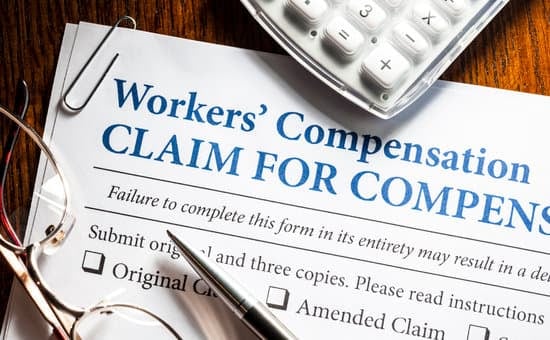Both the injured employee and the small business owner profit from workers’ compensation since it covers the costs of the employee’s medical care and time away from work. Due to the fact that the employee receives the benefits regardless of who was at blame for the accident, it helps protect companies from lawsuits brought by the wounded employee.
In order to ensure a smooth process for all parties, specific procedures must be followed and obligations must be appropriately met when an employee sustains an injury on the job. All states require filings from both the employee and the employer, despite the fact that each state has its own system and set of laws. The insurance company files with the state after such filings have been made.
Here are some typical errors companies should avoid when submitting a workers’ compensation claim:
Error #1 in Workers’ Compensation Claims Failing to Prioritize the Injured Employee
The employer must prioritize the welfare of the employee. It’s crucial to exhibit empathy and concern in this kind of circumstance, in addition to submitting the paperwork and starting the claim procedure. As soon as possible, get in touch with the hurt employee and remain in touch as they heal. Keep in mind that employees are a company’s most precious asset, and employers should treat them accordingly.
Error #2 in Workers’ Compensation Claims: Failing to Obtain a Complete Report of the Accident or Injury
Employers should nevertheless be sure to collect all the relevant information, even if it is thought that only 1% to 2% of all workers’ compensation claims are fraudulent. Discuss what went wrong with the employees who saw the incident and record their accounts. If possible, review video footage and preserve it as evidence. Employers can learn from this not only what exactly happened but also what safety practices would need to be improved to stop injuries from happening to other workers in the future.
Error #3 in Workers’ Compensation Claims: Postponing the filing procedure
Usually within 24 hours of the employee reporting the incident, claim forms should be given to injured workers. The employer is accountable for timely reporting, which means that the workers’ compensation carrier must receive all required information, often including personal information like the employee’s social security number, date of hire, payroll history, and more, within the state’s established deadline.
Error #4 in Workers’ Compensation Claims: Ignoring the Requirements for State-Specific Submissions
As was previously said, each state has unique guidelines and rules for submitting a workers’ compensation claim, therefore employers should be aware of these criteria before beginning the claims procedure. To obtain the names and addresses of the relevant state workers’ compensation official, visit the website of the Department of Labor.
Error #5 in Workers’ Compensation Claims: Not putting in place a return-to-work program
A return to work (RTW) program helps the wounded employee and the company feel less stressed. These programs give injured workers a way to gradually return to work even if they are unable to carry out their pre-injury employment tasks. Additionally, it gives them financial stability, maintains their social connections, and aids in the maintenance of their skill set. A RTW program benefits firms by lowering workers’ compensation expenses, decreasing turnover, and maintaining employee productivity.





Good Information to know for business owners.